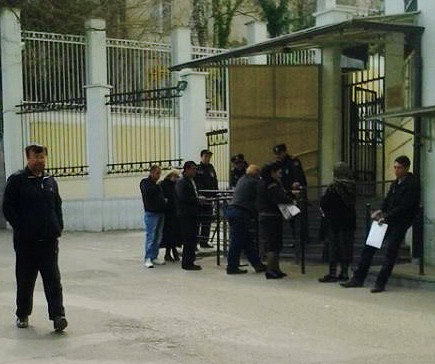
The Russian Interests Section in Tbilisi, where Georgians can apply for Russian citizenship. (Voice of Abkhazia.)
TBILISI, DFWatch–A Georgian diplomat says Georgia must be on guard after the Russian Duma passed a bill which simplifies the rules for getting Russian citizenship.
The legislative amendment has been a cause of concern for groups in Georgia the last few weeks, with additional reports that there were lines of people waiting to get a Russian passport outside the former Russian embassy in Tbilisi, claims which have been denied by Georgian authorities.
Zurab Abashidze, the Prime Minister’s Special Representative for Russian Relations, said on Tuesday that Georgian lawyers should study the amendment carefully and the government should pay attention to the law and see what changes were in fact introduced and whether they pose any threat.
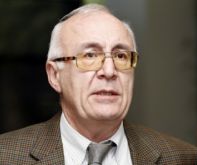
Zurab Abashidze. (Interpressnews.)
Abashidze said he thinks passing the amendment is more likely related to events in Ukraine, but this doesn’t mean that Georgia shouldn’t pay attention.
“We must look at how these changes will apply to Georgia. Since the 1990s, many of our compatriots have been living in Russia. Many have Russian citizenship, some have double citizenship,” he said. “In this moment there are no changes, but we must be attentive.”
The draft amendment passed by the Russian Duma is now signed by President Vladimir Putin and has come into force. The amendment simplifies the rules for how to obtain citizenship for people who speak Russian fluently, for example a foreigner who can speak Russian and uses the language every day at home and other places.
There will be a commission for people who qualify may go and be interviewed to check how well they speak Russian. The law also says that after receiving Russian citizenship, the person must renounce his or her prior citizenship.
The implication of this for Georgia seems to be that parts of its citizens might abandon their Georgian citizenship to the extent that Russian-speakers switch to being Russian citizens.
Abashidze’s comment came after he last week met Gregory Karasin, Deputy Foreign Minister of Russia, for a sixth round of talks in Prague.
After the meeting, Abashidze said that the message Karasin had regarding Georgia’s expected signing of an Association Agreement with the EU in June is that Russia doesn’t plan to put pressure on Georgia. Some expect that Russia might use some form of pressure to prevent the signing, on the background of recent events in Ukraine.
But Karasin assured that Russia doesn’t plan to implement any kind of pressure on Georgia for signing the Association Agreement with EU, according to Abashidze.
“Let’s see, observe, June is not far. We will see,” he said.
Another topic the two talked about was the installation of barbed wire and fences in villages in the conflict zone.
“And we once again heard such a statement that this process is finished,” Abashidze noted.
One further issue brought up in Prague was the situation in the village Adzvi, where a TV crew was recently detained by Russian soldiers for crossing the disputed border around the breakaway region South Ossetia.
Due to the fact that Russians are continuing to install fences in the village, people who live there are being restricted from going to church.
“He said our parish will have the opportunity to visit the church of Saint George,” Abashidze remarked.
The two also discussed the detention of the TV crew.
Karasin was quoted by Russian media as saying that Russia cannot lift visa requirements for Georgian citizens without having diplomatic relations with the country.
Russia and Georgia have not had diplomatic relations since they fought a brief war in August 2008, but Georgia did away with visa requirements for Russian citizens, who have been coming in growing numbers.
Karasin said it is too early to speak about visa liberalization for Georgian citizens, but Russia simplified visa rules for certain categories of people and 25 000 Georgian citizens received a Russian visa in 2013, which is 40 percent more than it was in 2012, he said, as quoted by Ria Novosti.
The two also discussed restoring regular flights between the two states and agreed that soon representatives of the aviation sector from both countries will meet for consultations.
Except for a temporary route between Tbilisi and Sochi until the end of this month, there have not been regular flights between Russia and Georgia since the 2008 war, but after the change of government in Georgia in late 2012, there have been charter flights.
The next Abashidze-Karasin meeting will be held in July.
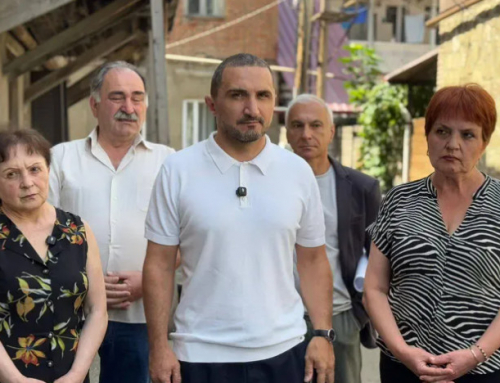
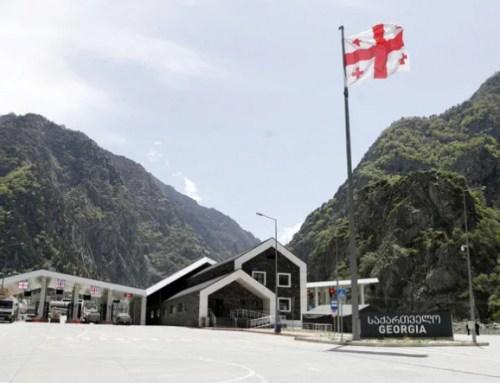
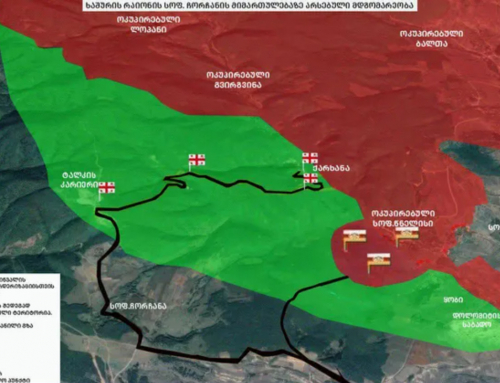
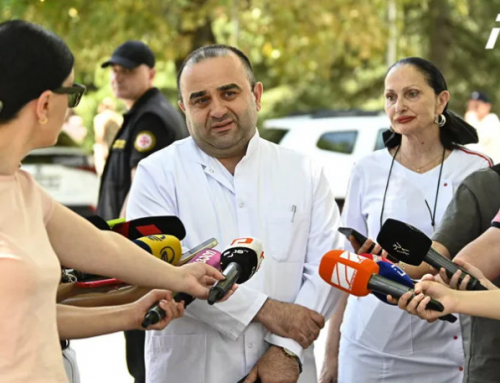
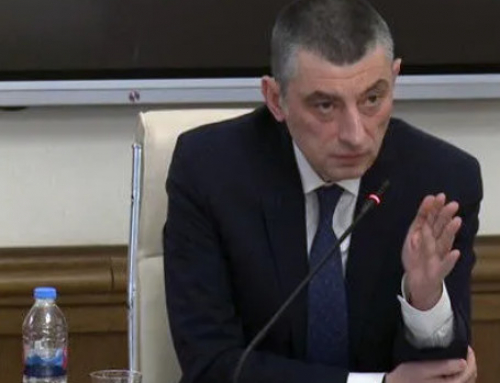
Leave A Comment
You must be logged in to post a comment.